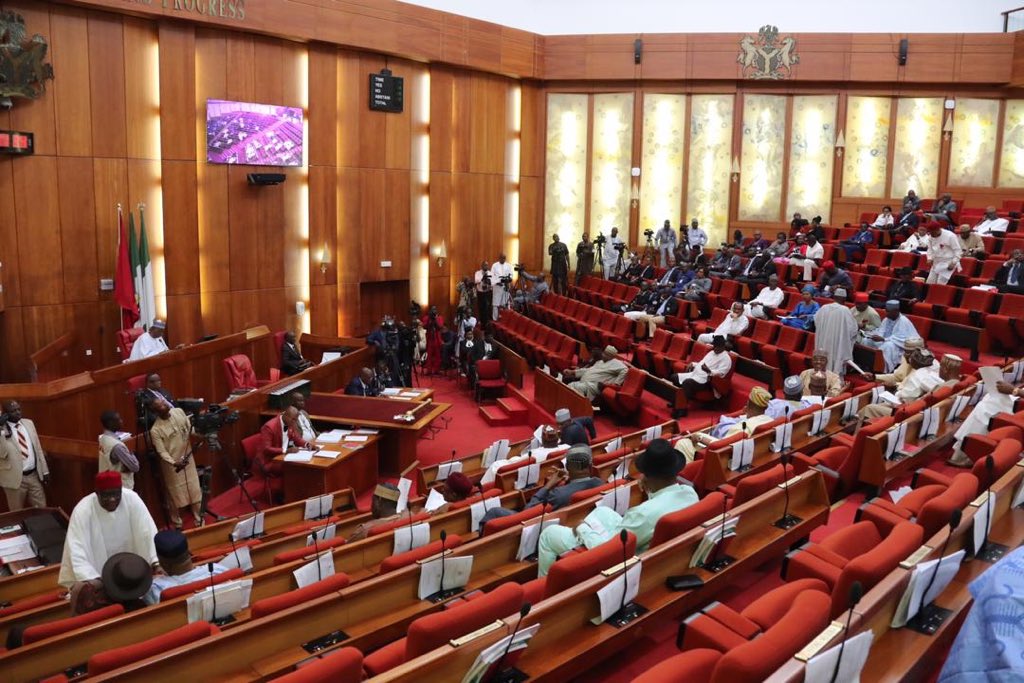- Nigeria is embarking on a journey to digitise 75% of its government services by 2027.
- The National Information Technology Development Agency (NITDA) is developing a one-stop-shop digital platform designed to streamline access to public services.
- Collaboration with international partners, including Ukraine, is underway to enhance digital transformation.
- The Federal government aims to overcome a history of unsuccessful e-governance initiatives plagued by infrastructure deficits and connectivity challenges.
Kashifu Inuwa, Director-General of NITDA, highlighted the agency’s commitment to creating a unified online portal that will enable Nigerians to access a wide array of government services—from licence and passport renewals to tax payments and health services—through a single, user-friendly interface.
This initiative aims to dismantle the existing silos within government operations, fostering a more integrated and efficient public service delivery system.
Historically, Nigeria’s e-governance efforts have faced significant obstacles.
A study examining electronic governance in the Nigerian public sector identified critical technological challenges, including the lack of shared standards and compatible infrastructure among departments and agencies.
These deficiencies have hindered effective information sharing and the establishment of new communication channels essential for delivering digital services. Additionally, issues such as inadequate funding, insufficient legal frameworks, and low levels of ICT literacy have further impeded progress.
To address these challenges, the Nigerian government is not only focusing on technological solutions but also seeking international collaborations.
In a recent meeting with a delegation from the Ukrainian Embassy, NITDA discussed potential partnerships aimed at enhancing Nigeria’s digital transformation efforts. Such collaborations are expected to bring in global expertise and innovative solutions to bolster the country’s e-governance infrastructure.
In line with global data localisation trends, NITDA is finalising a data classification framework mandating that sensitive data—especially in the finance, healthcare, and government sectors—be stored within Nigeria’s borders. This move is designed to encourage cloud service providers to establish local operations, thereby strengthening the nation’s digital economy.
However, the implementation of such policies requires clear definitions of roles among regulatory bodies to prevent overlaps and ensure a cohesive approach to digital governance.
The success of this digital transformation is contingent upon several factors:
- Infrastructure Development: Ensuring robust and compatible ICT infrastructure across all government departments is crucial. This includes establishing shared standards and frameworks to facilitate seamless information exchange.
- Legal and Regulatory Frameworks: Developing comprehensive policies that support e-governance initiatives will provide a solid foundation for implementation and sustainability.
- Capacity Building: Investing in training programs to enhance ICT literacy among public servants and the general populace will be essential for the effective adoption and utilisation of digital services.
- International Partnerships: Leveraging global expertise through collaborations can introduce best practices and innovative technologies, accelerating the digital transformation process.
As Nigeria sets its sights on the 2027 target, the integration of these elements will be pivotal in determining whether this renewed push for e-governance will succeed where previous attempts have fallen short. The commitment to overcoming longstanding challenges through strategic planning and international cooperation offers a promising pathway toward a more efficient and accessible digital government.











